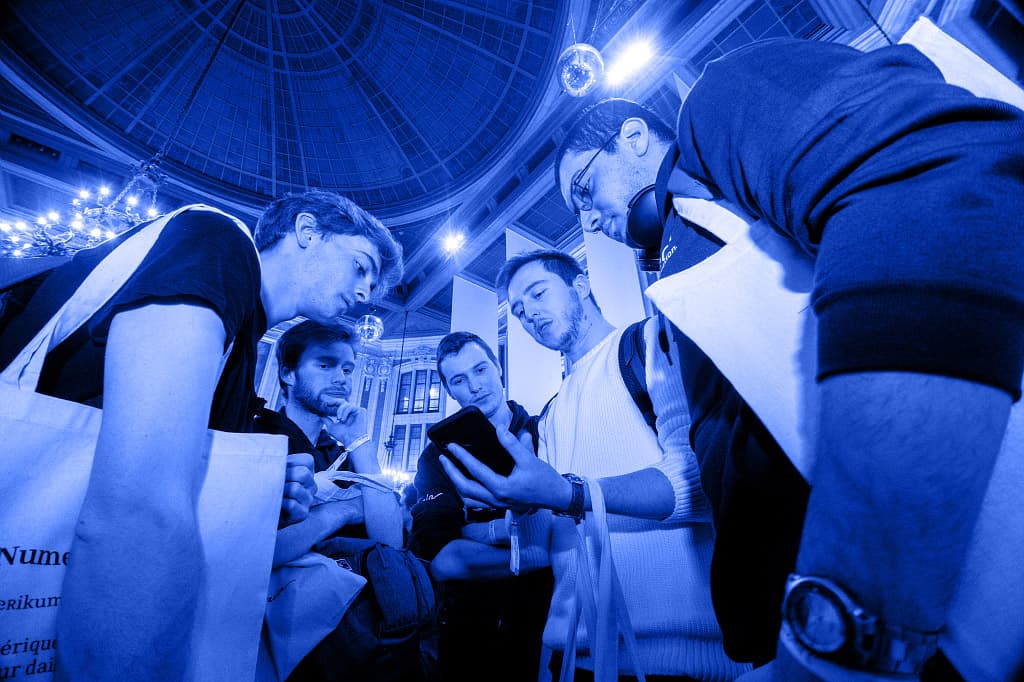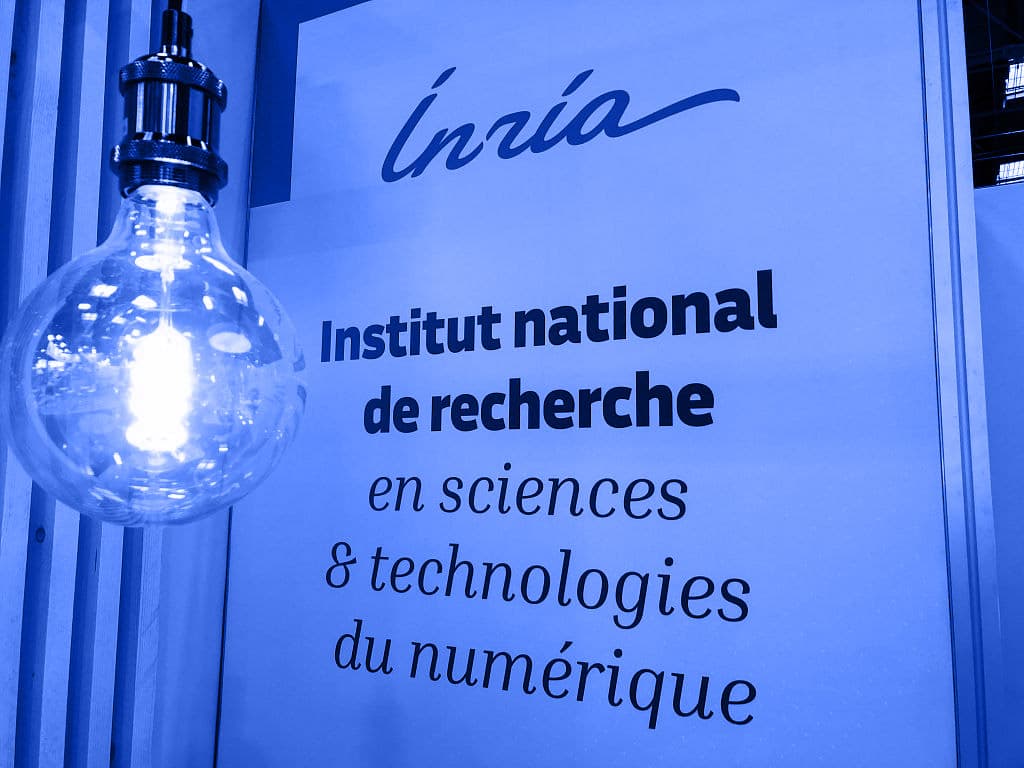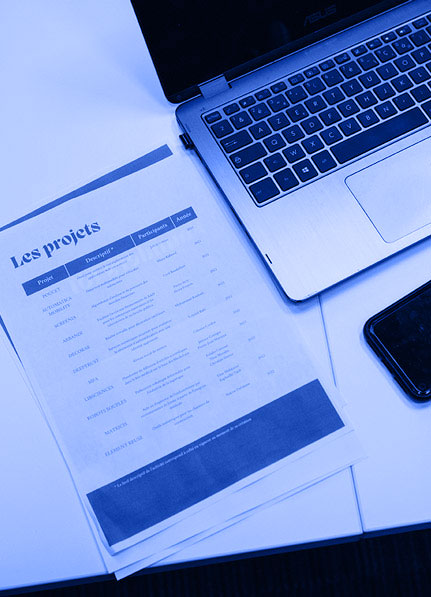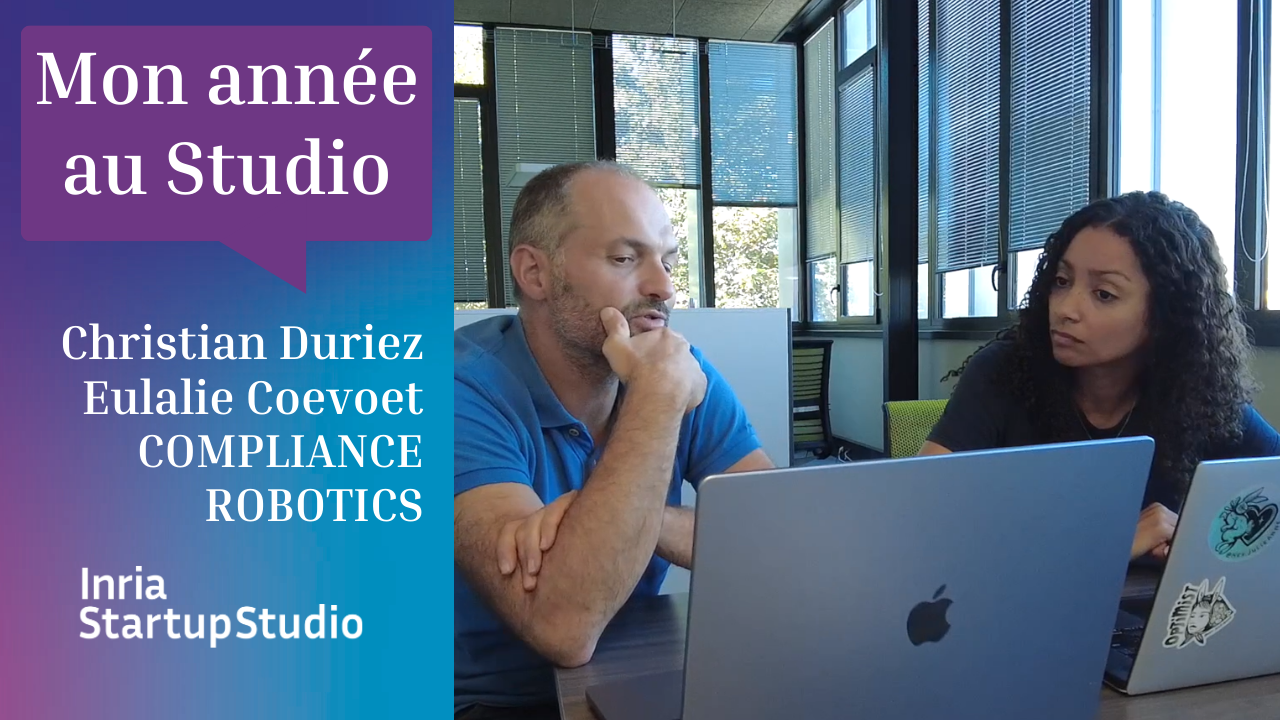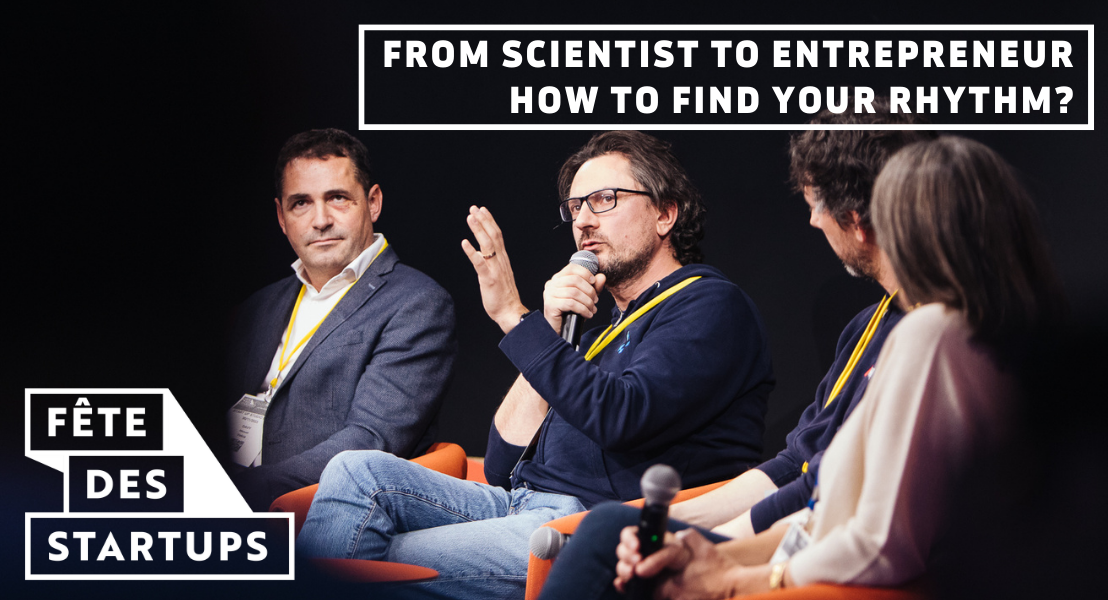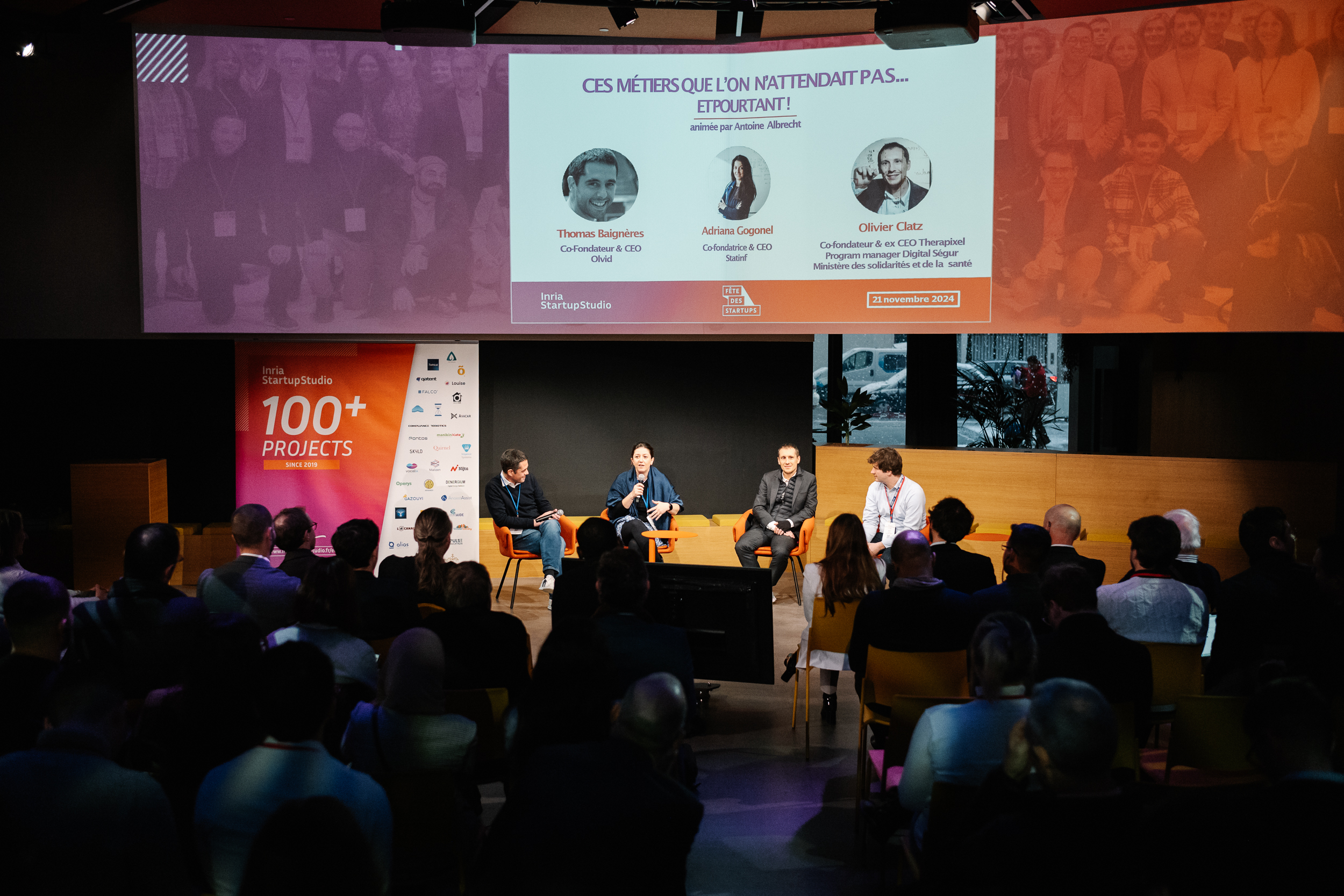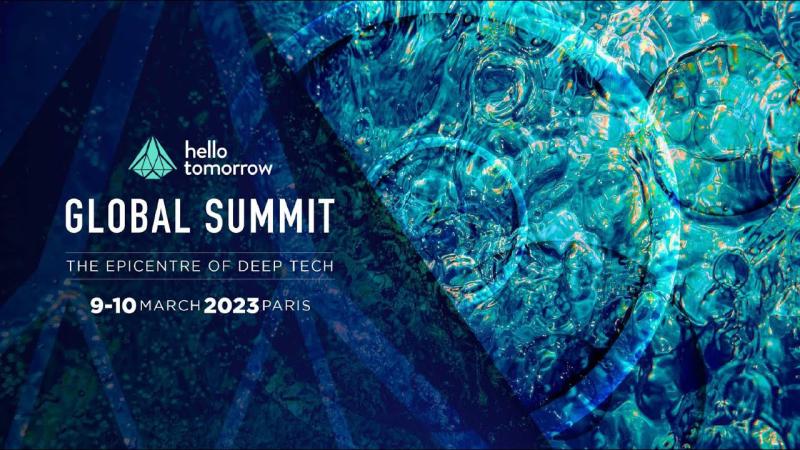
Innovation and entrepreneurship by accident – raising awareness among PhD students at events
For years, Inria has been inviting doctoral students to events, conferences and Inria Startup Studio is also meeting this population to explain, we won't dare say evangelize or preach the good words
One of the main missions of Inria Startup Studio is to provide opportunities. First of all, to finance initiators of innovative projects. But long before that, to simply arouse interest in these misunderstood, even divisive words that are entrepreneurship and innovation, not to mention startups.
Gordon Moore, famous for the law that bears his name, called himself an entrepreneur by accident. He only followed his friends or the people he trusted to found Intel. The same could be said of Steve Wozniak, who would never have founded Apple without Steve Jobs. It’s unclear whether Sergei Brin and Larry Page would have launched Google (which they developed as a prototype when they were doing their PhD) if David Filo, cofounder of Yahoo and fellow Stanford doctoral student, hadn’t encouraged them to get started when no one seemed to believe in the potential of their search engine.
Entrepreneurship is not always a vocation, it can fall on your head because you believe in something, that something deserves to be deepened, that it makes sense for you and the money, the business are only indirect results of this initial motivation.
So for years, Inria has been inviting doctoral students to events, conferences and Inria Startup Studio is also meeting this population to explain, we won’t dare say evangelize or preach the good words, because we also have to remind one obvious thing: entrepreneurship is not for everyone, you have to accept the almost total uncertainty when you embark on such an adventure, with the stress and novelty that it implies. But if the passion, even in its infancy, is there, then it would be a shame not to try. The experience will necessarily be rich in new lessons. Inria thus is a participant at Vivatech, BIG and more recently at PhD Talent Fair and this year at Hello Tomorrow.
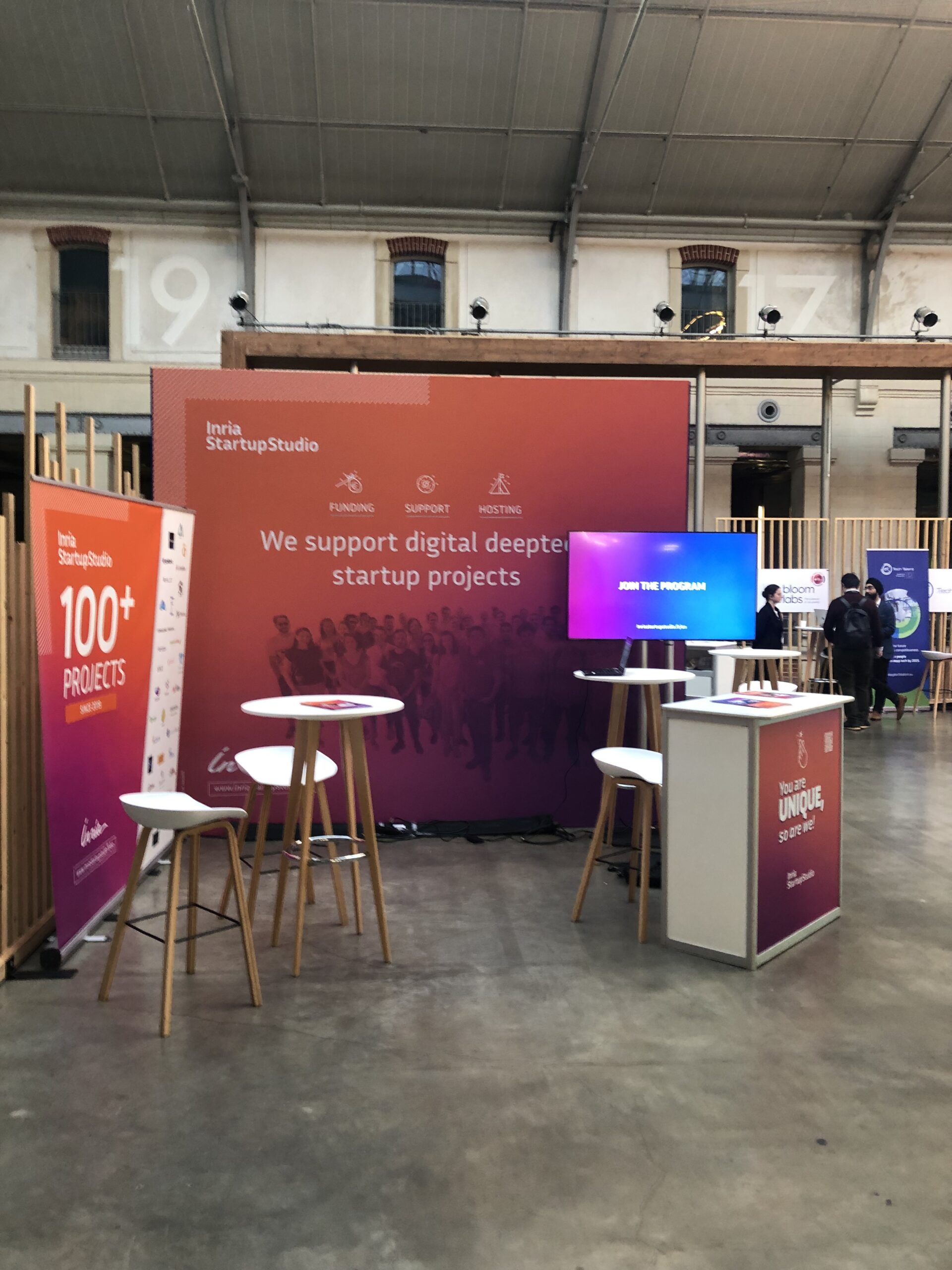
Hello Tomorrow
Hello Tomorrow was founded in 2011 by Arnaud de la Tour, a graduate of AgroParisTech and PhD from Ecole des Mines de Paris, and Xavier Duportet, a graduate of the same school and a joint doctorate from MIT and Inria in biology, which also led him to founding the startup Eligo Bioscience.
Both wanted to build bridges between science and business through technological entrepreneurship. Each year, Hello Tomorrow selects then awards prizes to promising startups, invites experts to talk about energy transition, health, food, decarbonization. Among the 100 speakers mentioned on the site, we note one name, that of Tony Fadell who worked at Apple & created the iPod before founding the startup Nest acquired by Google.
PhD students and research engineers from Inria at HelloTomorrow
Inria therefore had to invite doctoral students and engineers who were curious about the topics. Ten PhDl students attended the conference accompanied by the innovation managers of the Inria centers Céline Duclos and Grégoire Maurice and project leaders from the startup studio. We asked them what they took away from the event, in the form of the following questions:
– What was your motivation to participate in Hello Tomorrow?
– What did you like about it? A particular meeting or conference?
– What professional goal do you have now?
– What would you say about your experience at Hello Tomorrow to a fellow researcher?
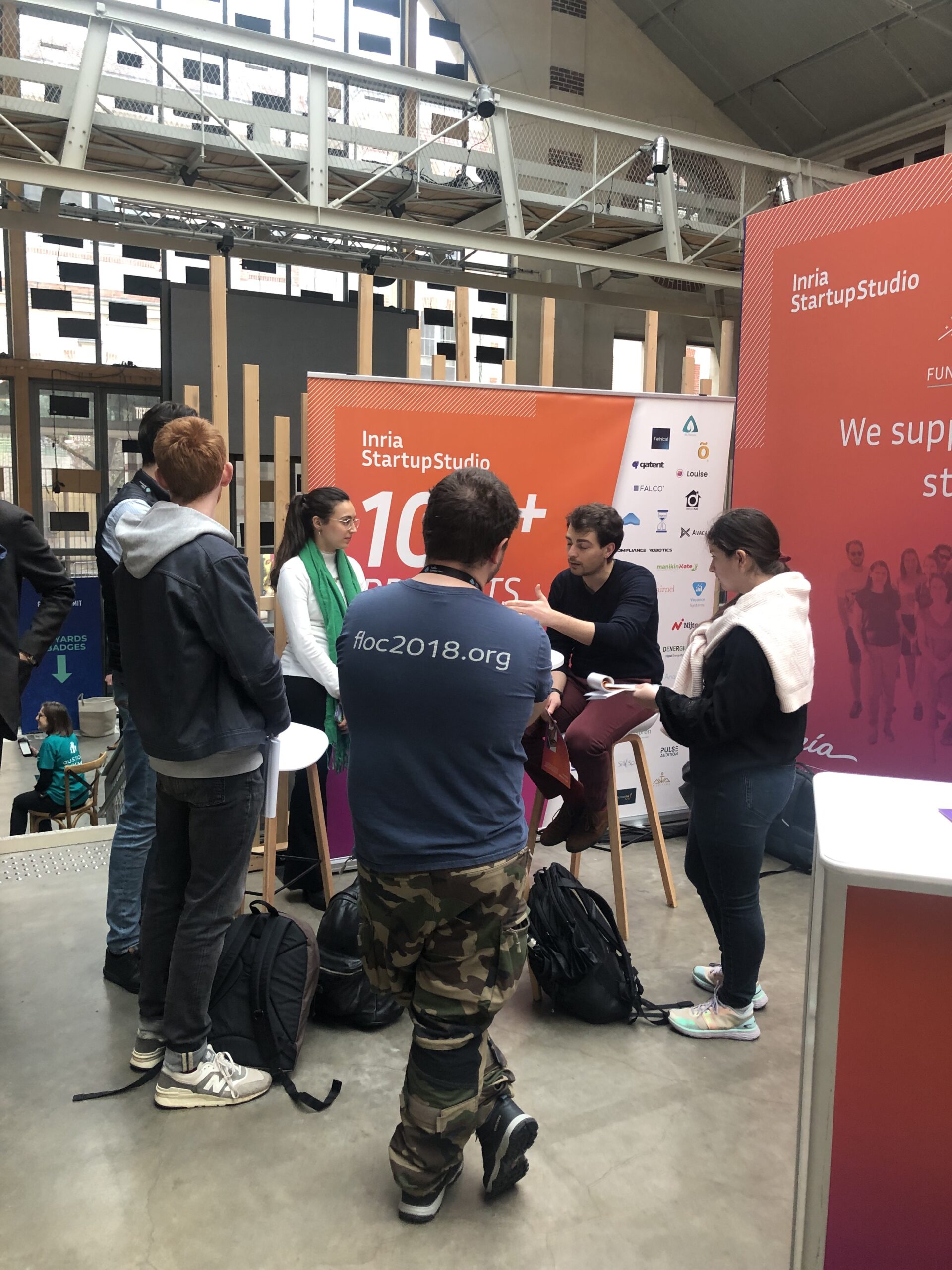
What motivation?
“I have just finished my thesis which I would like to enhance by creating a startup based on my research results but above all on the results of my entire team. For me it was a great way to be totally immersed for two days in the world of deeptech startups, a world that we don’t know at all when we stay on the side of academic research, especially since I started my PhD. Right out of my masters. The goal for me was to understand the codes associated with entrepreneurship and to have a complete picture of all the financing, training but also the competition that deeptech startups can have.”
“A lot of curiosity first. Then a desire to see something different from our usual environment.”
“I plan to join the Inria Startup Studio after finishing my thesis, and I already have a project in mind. My goal in participating in Hello Tomorrow was to try to better understand potential customers and investors regarding this project.”
What lessons?
“That one can encounter a potential associate by spilling a cup of coffee. More seriously, what the feedback from the various stakeholders shows is that there are plenty of factors that make a project work or not. That a significant factor is luck, and that an important part of the daily work is to transform this eventuality into certainty by seizing the right opportunities and “de-risking” the project as quickly as possible. An equally important lesson, I think, is that mistakes are part of the game, and a winning run doesn’t have to be a clear run.”
“I learned a lot, especially about the different structures that support a startup since its launch, such as incubators and accelerators. I also learned that it’s not easy to set up your own company and that you have to strongly believe in it to resist the obstacles and difficulties encountered.”
“I really enjoyed meeting Mario Arico, the Twinical project leader. Mario recently left Inria Startup studio and is in the process of creating his company. This allowed us to interact with him without filter because we felt that he was quite close to us, doctoral students. In addition, he shared with us his beginnings and the mistakes to avoid if we want to follow the same path.”
“Mainly I was able to discover the whole fabric that supports entrepreneurship and how its actors interact together. In addition, I was able to consider startups from another angle, more as an instrument for transferring technology from the most fundamental to its application market. Rather than simply as a capital tool.”
“I was really fascinated by the event. We can see a huge difference between conferences that generally bring together researchers from the public sector and this type of event that concerns the private sector. What I liked the most is having the choice to pursue what really pleases us. I always thought that by doing a thesis, I locked myself in the public research and teaching sector, but I was completely wrong. This event made me realize that and realized that there were more opportunities than I thought.”
“What impressed me the most and taught me the most were the startup pitches which were really amazing. I also loved the ease with which you can interact with CEOs, CTOs or even funders during the event. Finally, what was most useful for me were obviously the meetings with the CTOs/CEOs of certain startups, but also the always relevant insights of the members of the Inria startup studio who accompanied us during these two days by organizing also the encounters we needed/wanted.”
What goals now?
“I’m going to dedicate my first post-thesis year to creating my startup with the help of the Inria startup studio and my team.”
“Maximum focus on the thesis, the projects at its end still have a little time to take shape.”
“I’m only in my first year of thesis and I haven’t yet set a professional goal. But I now know that I have the option of joining Inria Startup Studio and setting up my own company :-)”
“Finish my thesis and join the Inria Startup Studio to embark on the adventure.”
How would you describe your experience at Hello Tomorrow to a fellow researcher?
“I think there are a number of common points between research and entrepreneurship: project management, de-risking, human aspect, and Hello Tomorrow or similar fairs are excellent opportunities to see what can happen downstream of the work that can be carried out in the laboratory.”
“I think that from a researcher’s point of view, startup pitches should really inspire us to better present our research results and better promote them. On the other hand, for a classic researcher who does not want to embark on the startup adventure, this is perhaps not the most suitable event to have a first glimpse of what is possible to do (a little too big if there is no one to guide us).”
“I highly recommend this enriching experience at Hello Tomorrow to a colleague. He can only come out satisfied and with a lot of information.”
“If he has the slightest curiosity for this environment, she must go for it. On the one hand to avoid misconceptions and on the other hand to see the diversity offered.”
Publication date: 12/04/2023
Want to get started ?
